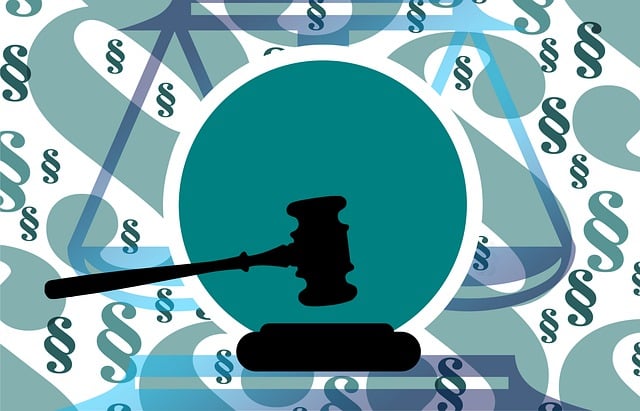Regulatory fraud laws are vital for maintaining ethical business practices by protecting consumers, investors, and industry integrity. These laws cover a wide range of activities from financial misdeeds to environmental violations. Understanding these regulations involves navigating complex rules and penalties. Due process, including fair treatment during investigations and trials, is a cornerstone in shaping sentencing outcomes for white-collar crimes. Adherence to principles like clear charging notices, the right to be heard, and access to legal representation ensures justice based on substantial evidence and fair procedures. This not only protects defendants' rights but also strengthens public trust in the legal system and fosters respect for regulations.
In an era where financial regulations are more intricate than ever, understanding regulatory fraud laws is paramount. This comprehensive guide delves into the multifaceted world of these laws, focusing on how due process shapes fraud sentencing. We explore the procedural aspects and scrutinize the impact and implications of these processes, offering insights into the intricate balance between justice and fairness in fraud cases. By examining “How Due Process Affects Sentencing,” this article aims to equip readers with a deeper understanding of this critical legal domain.
- Understanding Regulatory Fraud Laws: A Comprehensive Overview
- The Role of Due Process in Fraud Sentencing: Procedural Aspects
- Impact and Implications: How Due Process Influences Fraud Penalties
Understanding Regulatory Fraud Laws: A Comprehensive Overview
Regulatory fraud laws are designed to protect consumers, investors, and the integrity of various industries by ensuring that businesses operate ethically and transparently. These laws cover a wide range of activities, from financial misdeeds to environmental violations. Understanding these regulations is crucial for both businesses and their legal representatives, as it involves navigating complex rules and penalties. One key aspect that influences sentencing in regulatory fraud cases is how due process affects the proceedings.
Due process guarantees fair treatment during investigations and trials, ensuring that individuals have the right to be heard and to face their accusers. This includes the right to legal representation, access to evidence, and a trial by jury for his clients. In regulatory fraud cases, where complex financial or technical issues may arise, due process plays a vital role in ensuring a just outcome. By understanding these laws and procedures, businesses can take proactive steps to avoid indictment and maintain compliance, fostering an environment of transparency and accountability.
The Role of Due Process in Fraud Sentencing: Procedural Aspects
In the realm of fraud prosecution, due process plays a pivotal role in ensuring fairness and transparency during sentencing. When it comes to white collar and economic crimes, the procedural aspects of due process are crucial for maintaining the integrity of the justice system. This involves providing accused individuals with clear notification of the charges against them, allowing them the right to be heard, and guaranteeing access to legal representation. An unprecedented track record of adherence to these principles across the country has solidified the effectiveness of due process in fraud cases.
The procedural framework ensures that sentencing is based on substantial evidence and fair procedures. It allows defendants to challenge allegations, present their defenses, and appeal any discrepancies or errors. This meticulous approach not only safeguards the rights of the accused but also bolsters public trust in the legal system, as it demonstrates a commitment to justice and due process of law.
Impact and Implications: How Due Process Influences Fraud Penalties
The impact and implications of regulatory fraud laws are deeply intertwined with the concept of due process, which plays a pivotal role in shaping sentencing outcomes. In the realm of financial crimes, where complex transactions and intricate regulations come into play, ensuring fair procedures is essential to maintaining public trust. How Due Process affects sentencing cannot be overstated; it acts as a guard against arbitrary or unjust punishments.
When individuals or entities are accused of fraud, their right to due process guarantees they receive a fair trial. This includes the right to be informed of the charges, to confront evidence, and to present a defense—elements that significantly influence the subsequent sentencing. An unprecedented track record of adherence to these principles can lead to more balanced outcomes, especially in cases involving general criminal defense strategies. This approach not only ensures fairness but also reinforces the integrity of the justice system, fostering an environment where regulations are respected and upheld.
Regulatory fraud laws are designed to protect the integrity of financial systems, ensuring that individuals and organizations adhere to ethical standards. Understanding these laws, particularly the role of due process in sentencing, is crucial for both legal professionals and those navigating complex regulatory environments. The impact and implications of due process on fraud penalties cannot be overstated; it acts as a critical check, balancing the need for swift justice with the right to fair treatment. By examining these aspects, we can foster a more transparent and just approach to combating financial fraud.






